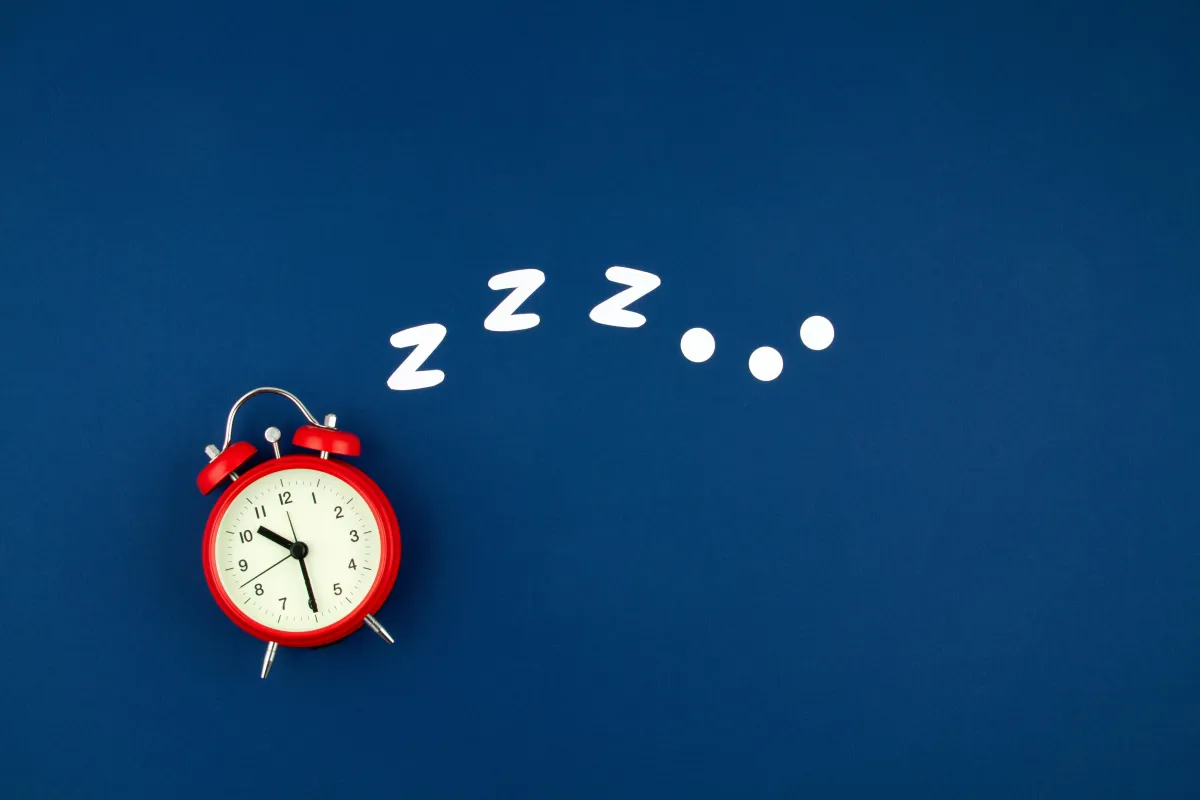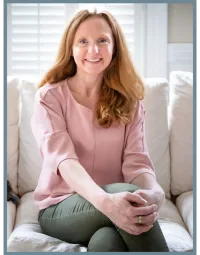Blog
Inspiration In Every Post

Without Sleep, Things Happen (Part 2)
Without Sleep, Things Happen
My Sleep Study Results
My sleep results are in.
I have sleep apnea.
Now I know for sure. I don’t have the typical markers doctors look for, like being a 50+ year-old overweight male with a large neck circumference, small jaw, and enlarged tonsils. But that what made this more of my own detective journey.

Without Sleep
Without sleep, our body fails in so many ways. Ways that we often don’t connect to our sleep loss. Sleep disorders have major implications for our brain's function as well as our physical health. This applies to everyone with a brain.
In this post, I’ll provide insights into why sleep apnea is important to understand and how to get on the path to a sleep apnea diagnosis.
What exactly is obstructive sleep apnea?
Obstructive Sleep Apnea is when the muscles that support the soft tissue in your nose, throat, and mouth relax too much. This restricts your airways, and your brain interprets the drop of oxygen as you are dying.
In the middle of the night, your body reacts, and the stress hormone, adrenaline, gets released causing havoc to your health. Sleep and stress should not be a cause for stress.
According to Harvard Health Press, repeated pauses in breath place significant stress on the body including the heart. Sleep apnea is associated with high blood pressure, blood vessel damage, a high level of LDL cholesterol, coronary heart disease, heart failure, stroke, and an irregular heartbeat.

People with untreated sleep apnea are twice as likely to have a heart attack compared with those who don't have the disorder.
My poor heart! I have no idea how long I have been living with sleep apnea, but glad I finally figured it out.
Symptoms & Effects of Sleep Apnea
In addition to wreaking havoc on my heart, sleep apnea can cause the following:
(and you don’t need to exhibit all of these to have sleep apnea).
Daytime sleepiness and knowing you could use a nap
Brain fog or lack of focus makes it hard to recall people's names and find your phone
Frequent wake-ups at night including the need to urinate (Maybe it’s apnea and not your bladder)
Waking up with a headache (it doesn’t need to feel like a migraine to signal a problem)
Loud snoring that disturbs others' sleep
Waking up making gagging sounds or gasping for air
Morning dry mouth and/or drooling on the pillow
Sleep deprivation causes weight gain
The feeling of depression and suicidal thoughts
Without sleep, amyloid plaques can build up causing Alzheimer’s disease
When your body is struggling throughout the night, it’s in survival mode and does not operate as it should. Opposed to getting deep restorative sleep, it’s getting light sleep and letting go of non-critical functions like urinating.
I just have two of these symptoms so nothing that sent me into crisis mode. My sleep tracking device does not pick up on sleep disorders but I did notice my light sleep hours as high and my time spent in deep sleep low.
Deciding The Path To Take
For me to get to a diagnosis, I had to take it into my own hands and navigate the healthcare system. You will need to visit your doctor to raise the concern and no need to wait for your annual physical.
Here is how you start to get on the path to a sleep apnea diagnosis:
Step 1: Tell your primary physician your concerns and symptoms (needed to get a referral for a sleep study)
Step 2: If needed, insist on a sleep study referral to start the process of getting a sleep study.
Step 3: Get an in-home or in-lab study that’s ideally covered by your insurance. The primary physician’s referral helps make this happen.
Step 4: If given the option, go for an in-lab study where you stay overnight at a sleep lab.
This is where they wire you up with over 30 probes and a sleep technician monitors your sleep, oxygen, and heart all night long.
Without Sleep, things happen, and they directly affect your quality of life day-to-day.
For those just getting started, talk to your doctor and be your own #1 advocate. The key takeaway is that if you suspect something, say something to your doctor. Make an appointment and start the journey to investigate and get the real data from a sleep study.
Take Good Care (of your noggin),
Daneen
Continue to Part 3 HERE
P.S. Not getting enough sleep? Join a Sleep Boost and get on the right path to feeling the difference great sleep can make.
©brain health coach | ALL RIGHTS RESERVED | Privacy | TERMS & CONDITIONS

